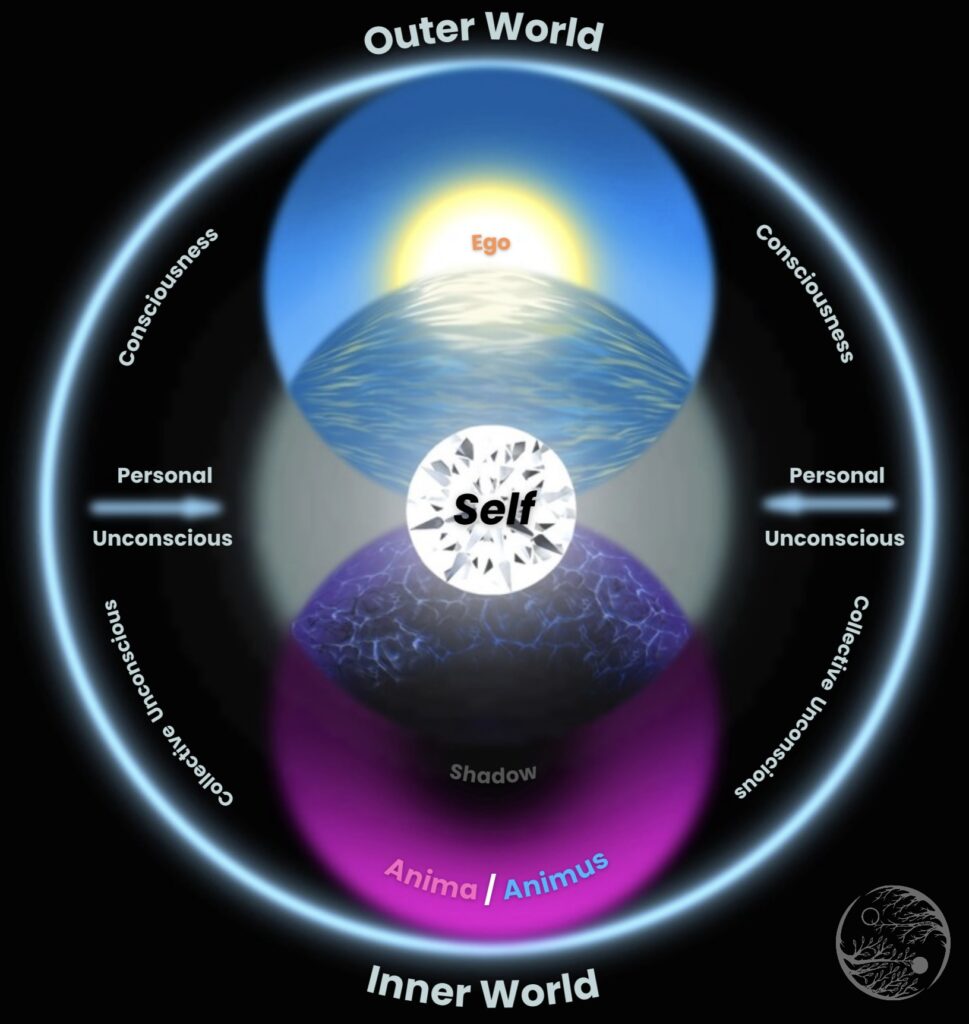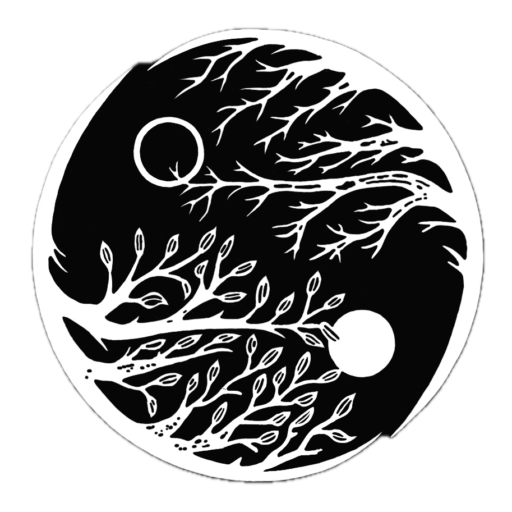Organizational Individuation
Unlocking Business Potential with Jungian Psychology - Part 1

As engineers, we are accustomed to seeking technical solutions for various challenges. Once a solution proves effective, it often becomes the new standard. This cycle is continuous, driven by ongoing investments in innovation as life itself rapidly transforms. As the saying goes, “Modern problems require modern solutions.”
My own unconscious mind led me to explore Jungian Psychology, and I began applying its theories to my own psyche through dream interpretation. The true impact of these methods can only be understood through personal experience.
As an engineer, I found it fascinating to observe myself from an outside perspective. While still deepening my understanding, I began to question, “If the goal of Individuation can have such a profound impact on an individual’s psyche, how could it be applied within an organization, and what benefits might it bring?”
Jungian Individuation In The Age Of AI
For those unfamiliar with Jungian Psychology, Individuation is the process of achieving one’s true Self. With the rise of AI technology, more people are becoming aware of future challenges, prompting us to consider whether we’re moving in the right direction.
We invest time and money in education, courses, and personal development, hoping these efforts will help us build our identity and find our place in the ever-changing modern world. Yet, even after securing our dream job, many of us still struggle to find happiness.
We often display our certifications like puzzle pieces, believing they’ll complete our identity and make us who we’re meant to be. But if this were true, why do we sometimes remain blind to the future? Shouldn’t our primary goal be to discover our true value?
Many of us accept jobs in environments where respect is lacking, often to prove to others that we’ve “made it.” We may work for a prestigious company, using its name to craft a false identity for ourselves. Of course, there are also those who truly find their value in such roles, surrounded by talented colleagues from whom they can learn.
However, if you’re dissatisfied with your current position, feeling undervalued and disconnected from your true self, I encourage you to embark on the process of Individuation. Perhaps there are aspects of yourself you need to explore before blaming the world.
Individuation requires determination, honesty, and willpower. It is the journey to discovering one’s true Self from within—specifically, within the unconscious mind. Through dream analysis, one can uncover their authentic self because any internal dissonance must be resolved from within.
Understanding the Psyche in Jungian Psychology
In Jungian psychology, the psyche is a complex structure composed of various components. Carl Jung, a Swiss psychiatrist and psychoanalyst, identified two primary parts:
1. The Conscious
Ego
The ego is the center of the conscious mind, responsible for our sense of identity. It encompasses our thoughts, memories, and emotions that we are aware of. The ego organizes and interprets experiences, guiding us through the external world. Jung suggested that in the first half of life, one should focus on creating a healthy Ego, while in the second half, the Ego should be separated from the Self. In organizational leadership, great leaders are those who successfully distinguish their Ego from their Self. Their primary responsibility is to foster a positive environment and inspire others to excel.
A true leader doesn’t compete with team members or feel the need to prove their competence. They may face criticism, but they rarely impose their authority on others. For those still in the first half of life, developing a healthy Ego involves confronting one’s own Shadow, starting with the fears rooted in the past, which may not necessarily be related to the workplace.
2. The Unconscious
Personal Unconscious
This layer contains memories, thoughts, and experiences that have been forgotten or repressed, often due to their painful nature. Shaped by individual life experiences, the personal unconscious influences behavior and personality through emotionally charged complexes.
Collective Unconscious
Perhaps the most original and influential part of Jung’s theory, the collective unconscious is a deeper layer shared by all human beings, regardless of personal experiences. It contains inherited memories and ideas common to the entire human race. The contents of the collective unconscious are organized into archetypes, which are universal, symbolic patterns and images that recur across cultures and eras.
Key archetypes include:
The Persona
This is the mask or role an individual presents to the world, often shaped by societal expectations. It’s the “public face” we show others. The more honesty we implement in our behavior, both with ourselves and society, the more we can resolve inner conflicts and align our true self with our outward identity. A healthy Ego allows us to express our ideas confidently in any work environment, free from the fear of judgment.
The Shadow
The shadow represents the darker, hidden, and often repressed aspects of the psyche that don’t align with the ego’s image. It includes qualities or desires the conscious mind finds unacceptable. Shadow work is crucial in the Individuation process. The shadow has a protective role, existing within our psyche to help us survive dangerous situations. It is often activated when the Ego feels threatened. Confronting one’s shadow is essential, especially for those who have experienced bullying. Individuals who haven’t faced their own Shadow tend to be controlled by it, often becoming more aggressive in the workplace as they perceive continuous attacks from others.
The Anima/Animus
The anima represents the feminine aspects within a man, while the animus embodies the masculine aspects within a woman. These Jungian archetypes are essential for achieving psychological balance. In workplaces where women face mistreatment, this often stems from men lacking a healthy connection to their Anima. Cultural factors may also contribute, as some cultures undervalue women. Ignoring Anima qualities—such as empathy, compassion, intuition, emotional awareness, nurturing, and sensitivity—in today’s capitalist society can be self-destructive. With the rise of AI, it’s more important than ever to integrate these qualities to foster a healthy work environment for women, ensure workplace diversity, and promote mental well-being.
While adopting these values may incur additional costs and impact short-term profitability, it is a far more sustainable strategy for long-term business success. Prioritizing these elements can create a balanced and inclusive workplace, benefiting both current and future generations.
The Self
Ultimately, the Self is the central archetype, representing the unification of the conscious and unconscious aspects of the psyche. It symbolizes wholeness and the integration of all facets of the individual.
The Process of Individuation
Individuation is a core concept in Jungian psychology, referring to the process through which a person integrates the various parts of their psyche, progressing toward the realization of the Self. It involves acknowledging and embracing all aspects of oneself, including the shadow, and reconciling the conscious with the unconscious. This journey is essential for achieving psychological maturity and self-actualization.

